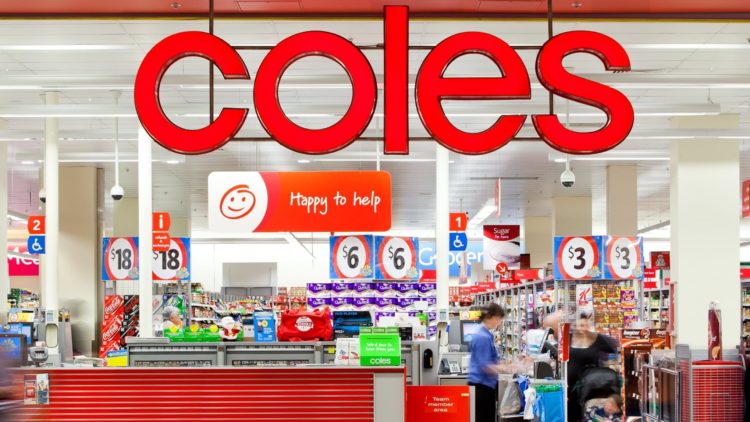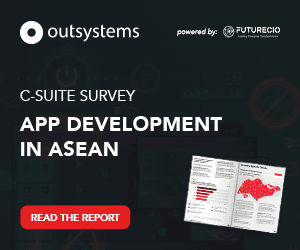The Future of Fulfillment Vision Study by Zebra Technologies revealed that 78% of logistics companies expect to provide same-day delivery by 2023 and 40% anticipate delivery within a two-hour window by 2028. Also, 87% of survey respondents expect to use crowdsourced delivery or a network of drivers that choose to complete a specific order by 2028.
Locally, Australian retailers face a tough 2019 with predicted low single-digit growth for 2020, said Deloitte.
Deloitte Access Economics partner and Retail Forecasts principal author, David Rumbens, said: “With retailers being squeezed on both sides from weak sales volumes and increasing costs, margins are coming under pressure.”
Not quite reading from the same report but perhaps recognizing the competitive landscape and its dependence on a much more regional, if not global, supply chain, Australian retail chain Coles Supermarkets is investing in the Infor Nexus supply chain commerce network to streamline imports and reduce costs.
In a press release, Infor claims the deployment, scheduled for 2020 rollout, of the global trade platform will streamline imports, reduce costs and modernise Coles’ international supply chain.
The platform is expected to reduce working capital through lower stock in transit and distribution centre stock holdings; reduce transport costs, including freight, demurrage and customs clearance; and simplify transactions with freight service providers. At least, those are the plans.
Coles executive general manager Operations and Transformation Kevin Gunn said the Infor Nexus platform would enable real-time visibility of international stock. “Availability is a key issue for customers, and some popular items -- such as light globes, herbs and spices, and kitchen essentials like foil and garbage bags -- cannot be sourced domestically so we need to look to international suppliers,” he said.
“By understanding where our stock is in transit, we can better plan our stock movements to enhance availability for customers and reduce the time taken to move products into our stores, improving our use of working capital by reducing the time inventory spends in our supply chain.
“It will also support improved efficiencies through the supply chain by minimising the need to move stock between states, resulting in fewer truck movements which will also improve road safety and reduce carbon emissions.”
Coles will run all international transactions through the Infor Nexus B2B information exchange.




